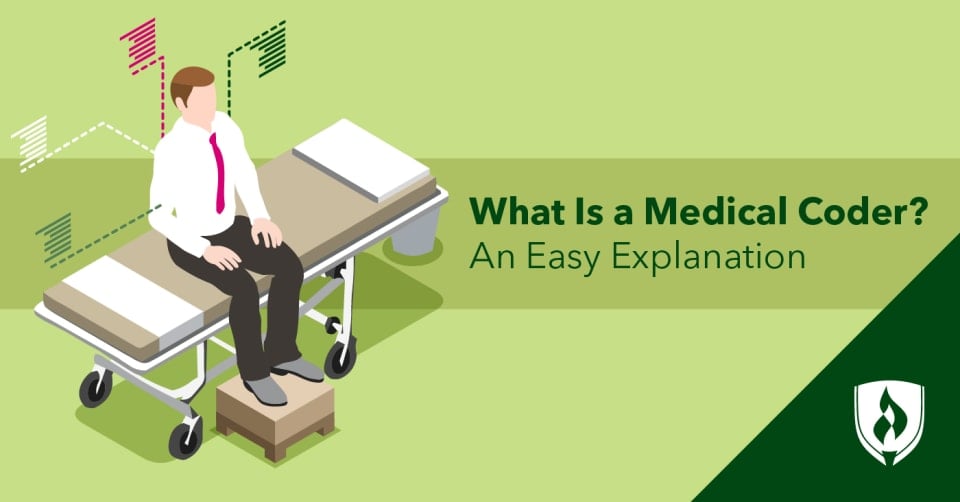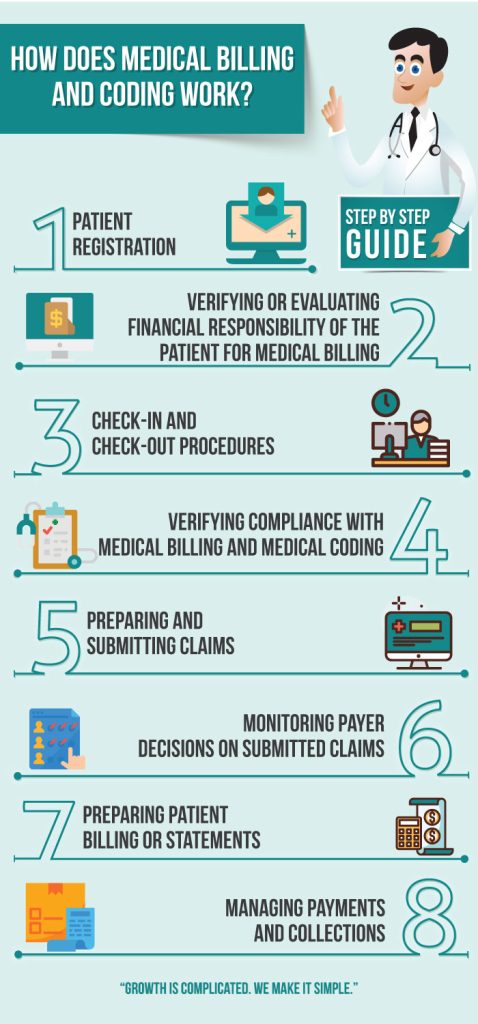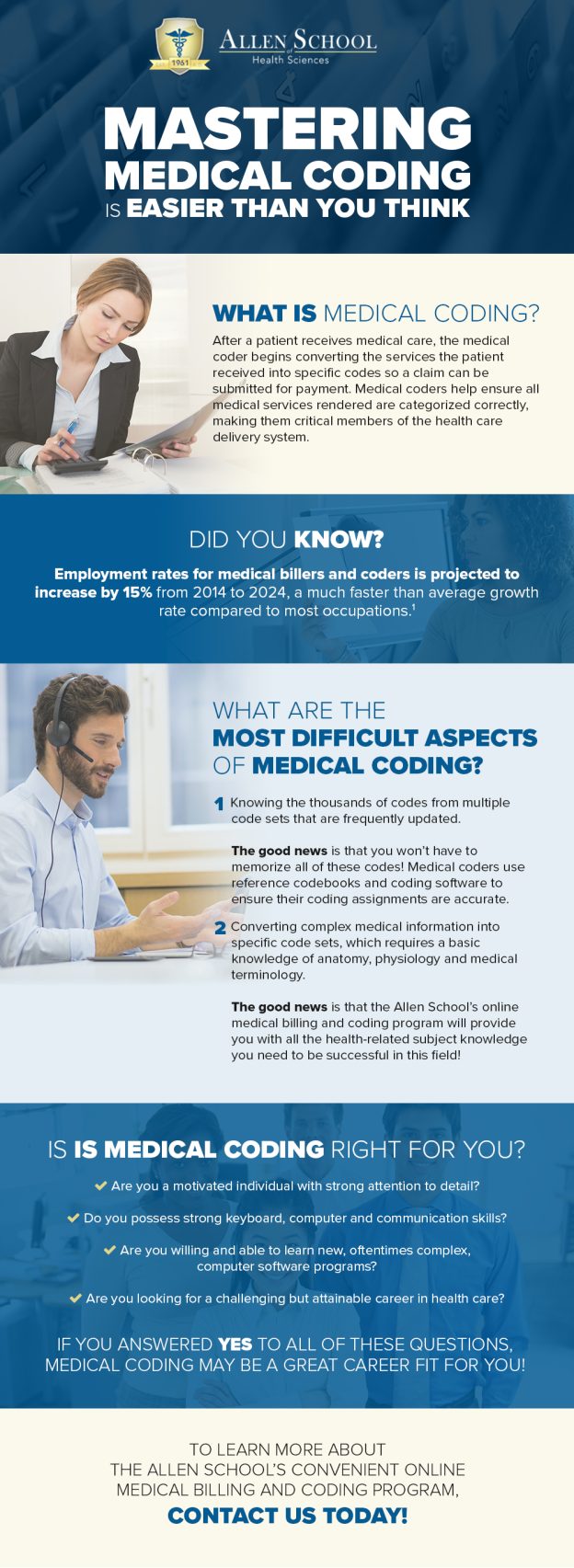Medical coding is a profession that plays a crucial role in the healthcare industry. It involves translating medical procedures, diagnoses, and treatments into universally understood codes for billing and insurance purposes. Many people ponder over the question, “Is medical coding easy?” In this article, we will explore the various aspects of medical coding, including its challenges and rewards, as well as provide insights into the skills and knowledge required to excel in this field. By the end, you will have a clearer understanding of the complexities involved and whether medical coding is an effortless endeavor or a task that demands perseverance and dedication.
Is Medical Coding Easy?
Medical coding is a complex and specialized field that plays a crucial role in the healthcare industry. It involves translating medical diagnoses, procedures, and services into alphanumeric codes for billing and reimbursement purposes. While some may think that medical coding is an easy job, it requires a deep understanding of medical terminology, coding systems, and intricate guidelines. In this article, we will explore the various aspects of medical coding, from education and training to the challenges it presents and the career opportunities it offers.
Understanding Medical Coding
Medical coding is an essential part of the healthcare system, as it ensures accurate and efficient reimbursement for healthcare services. It involves assigning specific codes to medical diagnoses, procedures, and services, which enable healthcare providers to communicate with insurance companies and receive payment for their services. These codes provide a standardized way of describing and categorizing medical information, making it easier for healthcare professionals and insurance providers to process and analyze data.
Education and Training
To become a medical coder, you need the appropriate education and training. While a formal education is not always required, it is highly recommended to pursue a degree or certification program in medical coding. This will provide you with a solid foundation in medical terminology, anatomy, physiology, and coding guidelines. Many community colleges and vocational schools offer programs that can be completed in as little as six months to a year. Additionally, there are online courses and webinars available for individuals looking to enhance their coding skills.
Coding Systems
There are several coding systems used in medical coding, including the International Classification of Diseases (ICD), Current Procedural Terminology (CPT), and Healthcare Common Procedure Coding System (HCPCS). Each system has its own unique set of codes and guidelines, which must be followed accurately to ensure proper reimbursement. The ICD system is used to code diagnoses, while the CPT and HCPCS systems are used for procedures and services. It is crucial for medical coders to familiarize themselves with these coding systems and stay updated with any changes or updates that occur.

This image is property of www.rasmussen.edu.
Basic Coding Concepts
Medical coding requires a solid understanding of basic coding concepts. This includes familiarity with anatomy and medical terminology, as well as the ability to read and interpret medical records, operative reports, and documentation provided by healthcare professionals. Medical coders need to accurately assign the appropriate codes based on the information provided, ensuring that the codes reflect the diagnoses, procedures, and services rendered. Attention to detail is of the utmost importance, as a single coding error can lead to denied claims and financial loss for healthcare providers.
The Role of Technology
Technology plays a significant role in medical coding, making the process more efficient and accurate. Coding software and electronic health record (EHR) systems allow medical coders to access necessary coding resources and guidelines quickly. These tools also help coders identify potential coding errors and provide coding suggestions based on the documentation provided. However, it is essential for coders to have a thorough understanding of coding principles and guidelines, as technology can only aid in the process but cannot replace human expertise and judgment.

This image is property of thumbor.forbes.com.
Accuracy and Attention to Detail
Medical coding requires a high level of accuracy and attention to detail. Even a minor mistake in coding can have significant consequences, such as delayed or denied reimbursement, improper billing, and potential legal issues. Medical coders must carefully review and analyze medical records, ensuring that all relevant information is documented and coded properly. They need to be meticulous in their work, paying attention to even the smallest details to avoid errors and ensure the integrity of medical coding data.
Career Opportunities and Demand
The demand for qualified medical coders is on the rise, making it a promising career choice for individuals interested in the healthcare field. As the healthcare industry continues to grow and evolve, the need for accurate and reliable medical coding becomes increasingly important. Medical coders can find employment opportunities in hospitals, physician’s offices, insurance companies, billing and coding companies, and government agencies. With the right education, certification, and experience, medical coders can advance their careers and take on roles such as coding managers, auditors, or consultants.

This image is property of greensensebilling.com.
Challenges and Common Mistakes
Medical coding can be challenging, particularly for those who are new to the field. The ever-changing coding guidelines and the complexity of certain medical conditions and procedures can pose difficulties for coders. Common mistakes in medical coding include incorrect code assignment, improper use of modifiers, inadequate documentation, and failure to stay updated with coding changes. These mistakes can lead to claim denials, revenue loss, and compliance issues. To overcome these challenges, continuous education, training, and staying updated with coding changes are crucial.
Conclusion
In conclusion, while medical coding may seem easy at first glance, it is a highly specialized field that requires extensive knowledge, continuous learning, and attention to detail. Medical coders play a vital role in the healthcare industry, ensuring accurate reimbursement and maintaining the integrity of medical coding data. With the right education, training, and dedication, a career in medical coding can be both rewarding and fulfilling. As the demand for medical coders continues to grow, it is essential to understand the complexities and challenges of this profession to succeed and contribute to the healthcare system effectively.
